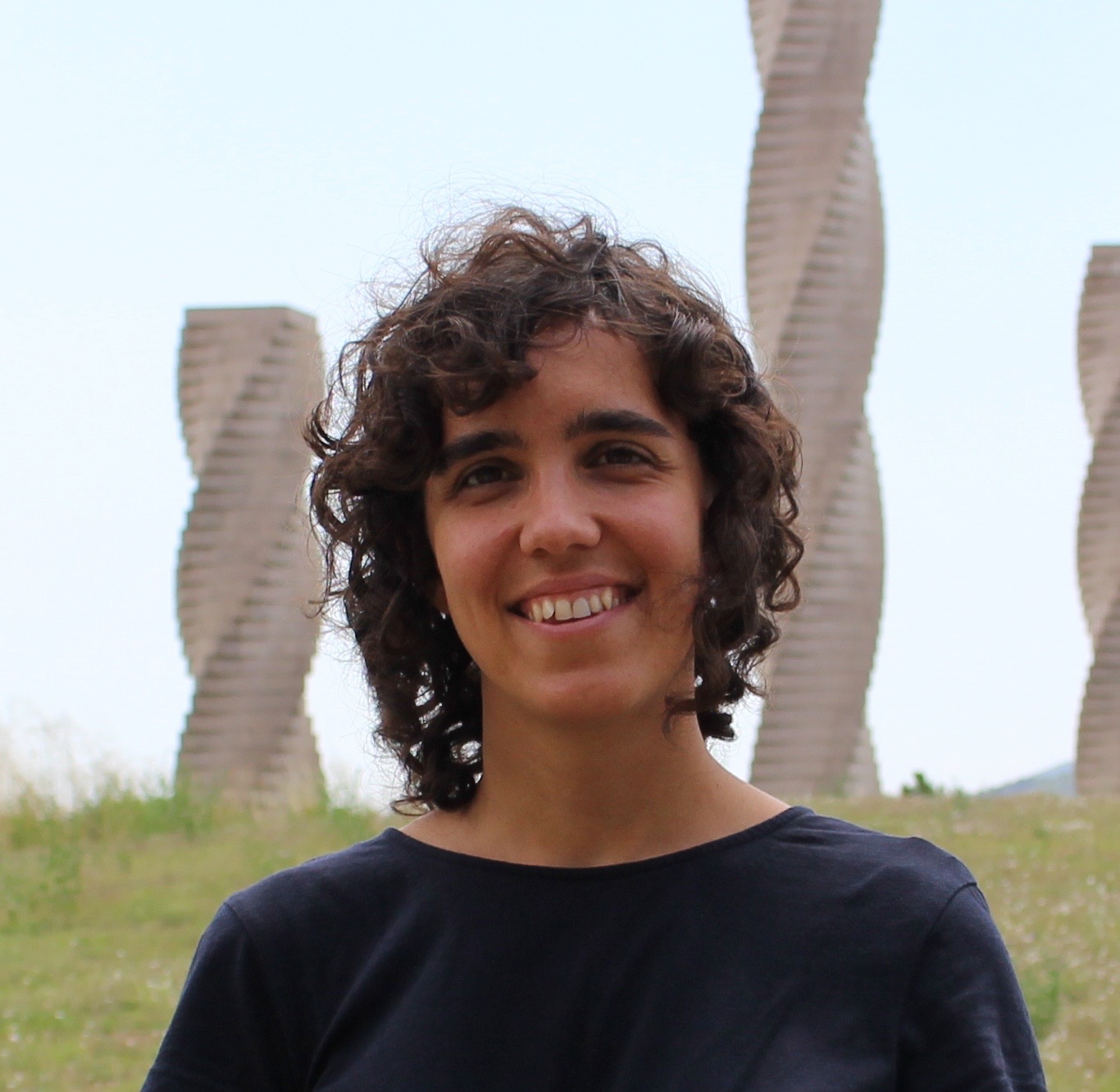
I am a feminist woman. I was born and grew up in the urban, working class neigbourhoods of Carabanchel and Tetuán in Madrid; and I had the privilege of enjoying rural life in my town of Bernuy de Porreros, Segovia. I am a scholar- activist. My first job was as an “environmental educator” in Faunia (a type of zoo) in Madrid) where I took the opportunity to research, write and report the impacts and the human-nature power relationship in zoos.
I graduated in Environmental Sciences from the Universidad Autónoma de Madrid UAM (Spain) and the Pontificia Universidad Católica do Rio de Janeiro PUC (Brazil). I have a master’s degree in Ecological Economics and I am a PhD in Environmental Sciences from Instituto de Ciència i Tecnologia Ambiental ICTA-UAB (Barcelona). In my PhD thesis I analyzed oil palm and sugarcane plantations conflicts in Guatemala using the Participatory Action Research approach. At the same time, I have carried out research on traditional ecological knowledge, dynamics of land grabbing and local and global market chains in Europe. I have been part of the production of documentaries about socio-environmental conflicts, and an observer of human rights in Central America. I am a co-founder of the Mar de Tierras association for education and environmental activism (Madrid), and of the cooperative of La Noguera Medinaceli for reviving local agroecological systems (Soria). In 2020 I was mother and as an scholar-activist I analyze socio-environmental conflicts in the world from their causes and consequences. I explore the links between feminism and ecology and experiment the bridges between action-research-education and art.
Injustices mobilize me and ignite me. I believe in groups, collectives and communities that work to create alternatives. Dancing makes me feel free and I make a great effort to put life at the center of everything I do.
To me, being part of FRACTAL has given me a collective space away of the solitude of individual research in academic institutions where scholar-activists, feminist women, colleagues and friends together create new alternative proposals.
Publications
- Mingorria, S. 2021. The communitarian weavings: Agrarian commons of the Maya-Q’eqchi’ against the expansion of monocultures in the Polochic Valley, Guatemala. Latin American & Caribbean Ethnic Studies, https://doi.org/10.1080/17442222.2021.1877876
- Mingorría, S. 2017. Violence and visibility in oil palm and sugarcane conflicts: the case of Polochic Valley, Guatemala. The Journal of Peasant Studies, 1-26
- Mingorría, S Gamboa, G Martín-López, B Corbera, E. 2014. The oil palm boom: socio-economic implications for Q’eqchi’households in the Polochic valley, Guatemala. Environment, development and sustainability 16 (4), 841-871
- Gómez- Baggethun, E., Mingorría, S., Reyes-García, V., Calvet, L and Montes, C. 2010. Traditional Ecological Knowledge Trends in the Transition to a Market Economy. Empirical Study in the Doñana Natural Areas. Conservation Biology 24(3), 721-729.
